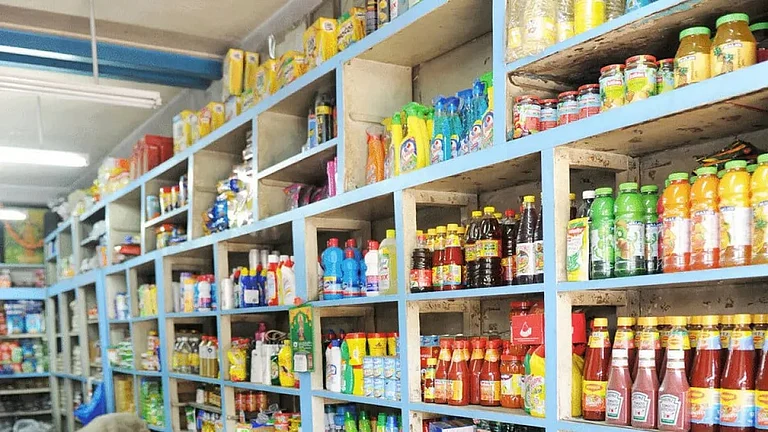Exposure to everyday plastic products is emerging as a major contributor to cardiovascular disease, primarily due to phthalates- synthetic chemicals commonly used to make plastic flexible, according to a study published in The Lancet eBioMedicine.
How Everyday Plastic May Be Fueling India’s Heart Crisis
Toxic plastics are silently driving up heart disease deaths, with India bearing the heaviest burden
DEHP’s Hidden Threat to Health
DEHP, used to soften plastic, has been directly linked to inflammation in the heart’s arteries, increasing the risk of heart attacks and strokes over time, reported Business Standard.
The research, conducted by researchers at NYU Lngone Health, found that over 100,000 deaths in India alone in 2018 were tied to phthalate exposure.
DEHP is found in commonly used items like food containers, medical devices, toys, shampoos and lotions.
According to researchers, plastic is not just clogging drains and piling up in landfills, it is leaching harmful chemicals into our food, water and air, silently damaging our health. These chemicals have been linked to heart disease, diabetes, cancer and respiratory diseases, reported Business Standard.
India Leads Plastic Deaths
Researchers analysed urine samples and environmental data from more than 200 countries and territories. The study revealed that in 2018, exposure to DEHP, a common plasticiser, was linked to approximately 356,238 deaths from heart disease among individuals aged 55 to 64, representing over 13 per cent of global heart disease fatalities in this age group.
India recorded the highest number of deaths, with an estimated 103,587 fatalities, followed by Indonesia (52,219) and China (33,858).
A Global Wake-Up Call
In March 2022, the UN Environment Assembly adopted a resolution to develop an international legally binding instrument on plastic pollution. The UN Plastics Treaty is the world’s first legal framework targeting plastic pollution across land and sea.
The Lancet eBioMedicine study stated that the finding aligns with global plastic production and usage patterns. The Hindu BusinessLine underscored that India's plastic industry has potential to become global supplier, domestic market to triple to Rs 10 lakh crore by 2027-28.
Such massive exposure to phthalates, due to plastic waste and an extensive use of the item, could pose substantial risk.
